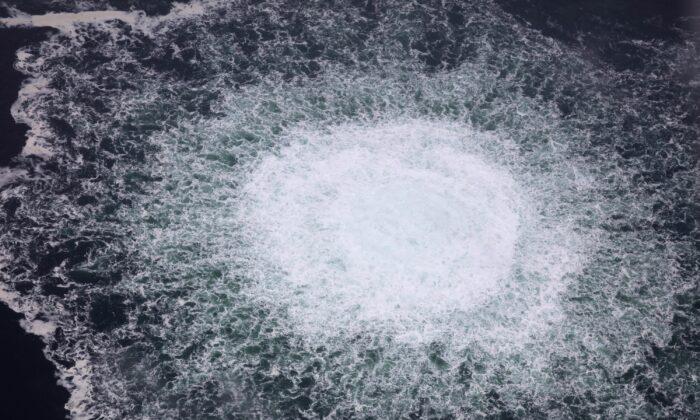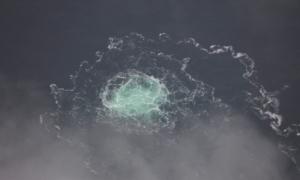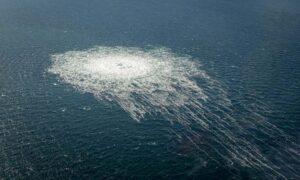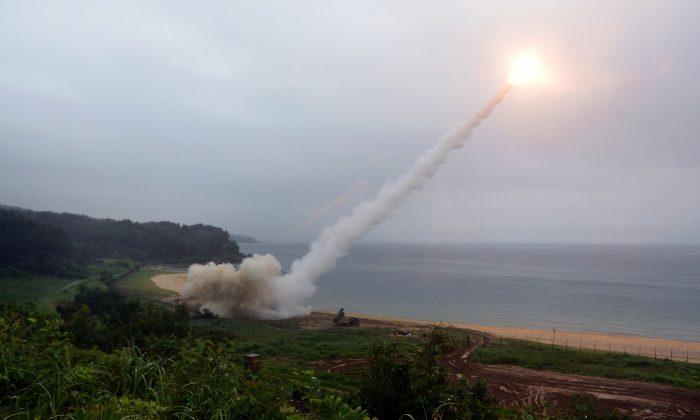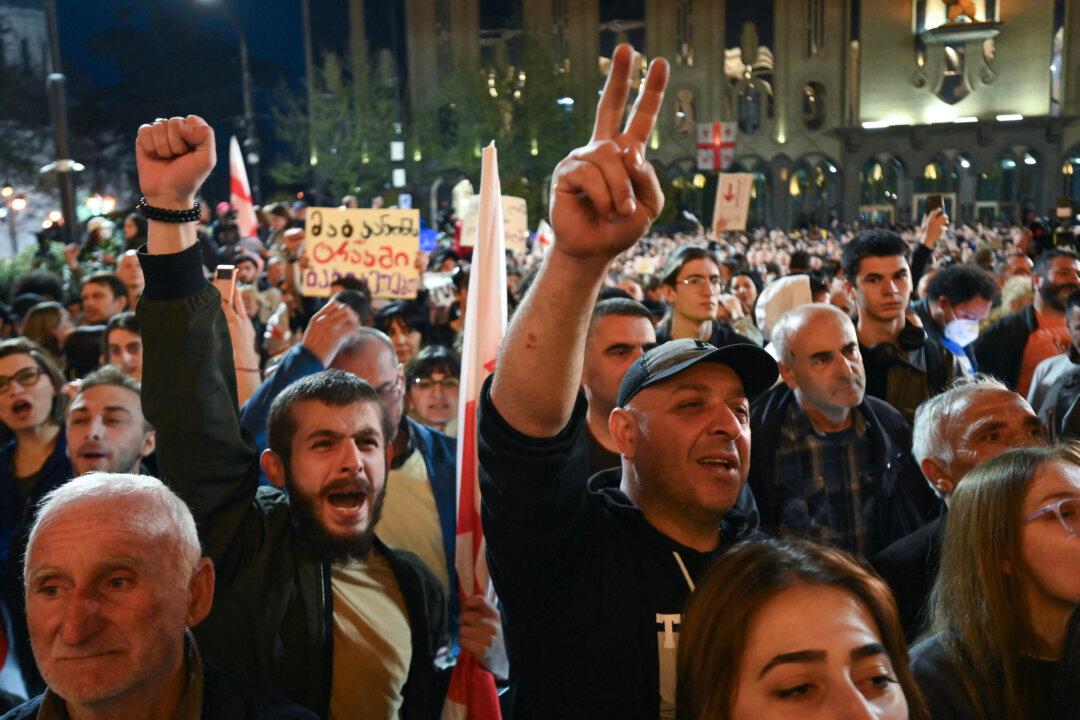Moscow has criticized Sweden’s decision to end its investigation into an act of sabotage that crippled the strategic Nord Stream gas pipeline in 2022.
“From the outset, the Swedish authorities … have shown a lack of determination to seriously address the issue [of who was responsible],” Russian Foreign Ministry spokeswoman Maria Zakharova said.
She went on to attribute the move by Sweden to its “fear of uncovering the truth about what really happened.”
On Sept. 26, 2022, the Nord Stream pipeline was breached in Swedish and Danish waters, causing severe energy shortfalls across much of Europe.
It was soon determined that the breaches were the result of sabotage by unknown perpetrators.
Majority-owned by Russian energy giant Gazprom, the 745-mile pipeline links gas fields in northwestern Russia to German energy terminals via the Baltic Sea.
On Feb. 7, Sweden announced it had halted its months-long investigation into the pipeline sabotage, saying it lacked jurisdiction in the case.
According to Swedish officials, evidence gathered during the probe has been turned over to German investigators.
“We have a picture of what happened,” Swedish Public Prosecutor Mats Ljungqvist told Reuters.
“We cannot go into more detail, but it leads to the conclusion that we do not have jurisdiction,” he said.
Mr. Ljungqvist added: “It is not Sweden’s task to continue this investigation.”
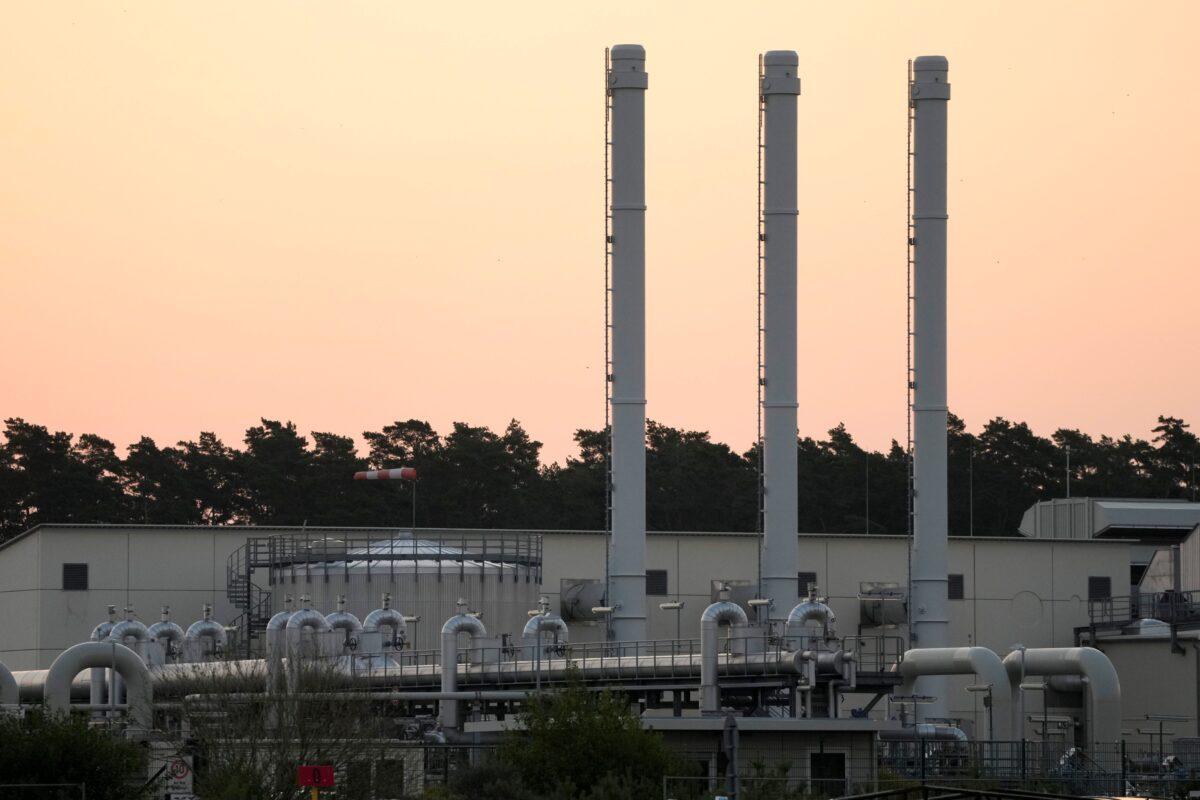
Issue of ‘National Security’
In the immediate wake of the pipeline sabotage, Germany, Sweden, and Denmark announced the launch of a joint investigation into who was responsible.Soon afterward, however, the three countries abruptly halted their joint probe, citing concerns over “national security.”
They later launched independent investigations but have remained silent regarding their findings.
Russia, meanwhile, has repeatedly called for an international inquiry into the sabotage to find the culprits.
Shortly after the attack, Moscow claimed to have evidence—which it never disclosed—of Western complicity.
In March of last year, a Russian proposal to conduct an international inquiry was voted down at the United Nations Security Council.
At the time, Moscow’s envoy to the United Nations said an impartial probe was needed because “those being conducted by Sweden, Denmark, and Germany don’t meet the requirements of an objective investigation.”
In response, Robert Wood, Washington’s deputy U.N. envoy, accused Russia of seeking to “discredit” the three countries’ inquiries.
The diplomat further asserted that investigations by Sweden, Denmark, and Germany were proceeding “in a comprehensive, transparent, and impartial manner.”
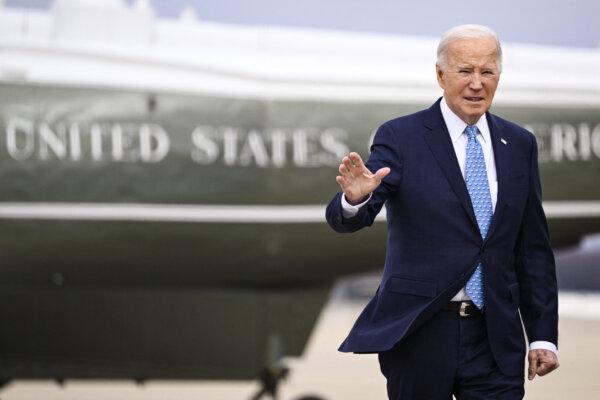
Conspiracy Theories
In February of last year, veteran American journalist Seymour Hersh raised eyebrows by suggesting the possibility of U.S. involvement in the attack.Citing his trademark anonymous sources, Mr. Hersh claimed the U.S. administration had greenlit the sabotage operation, which was carried out by U.S. Navy divers and Norwegian “specialists.”
To support his theory, Mr. Hersh cited earlier statements by U.S. President Joe Biden, in which he vowed to “bring an end” to the Nord Stream pipeline if Russia invaded Ukraine.
Mr. Biden made the remark on Feb. 7, 2022. Russia launched its invasion of eastern Ukraine less than three weeks later.
U.S. administration officials, for their part, have called Mr. Hersh’s claims “completely false.”
One month later, reports emerged in the U.S. and German press that suggested the sabotage had been carried out by a rogue “pro-Ukrainian group.”
According to German press reports, investigators had found that a six-person team—including divers—had used a rented yacht to stage the attack.
At the time, Andrey Ledenev, minister-counselor at Russia’s embassy in Washington, said the reports were meant to “divert blame from the statesmen who ordered and coordinated the attack.”
In a follow-up story, Mr. Hersh claimed the new media narrative was a “cover story” concocted by “elements” within the CIA and German intelligence.
Aside from citing his usual unnamed sources, the Pulitzer-prize-winning journalist did not provide any evidence for his explosive claims.
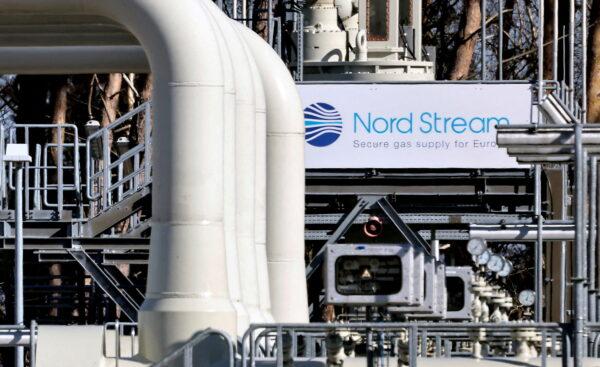
Germany, Denmark Still Investigating
Mr. Ljungqvist, the Swedish prosecutor, said his investigation had sought to determine if Sweden—or Swedish nationals—had been involved in the attack.“The answer to that question is ‘no’,” he said.
“There is nothing in this case that poses any risk to Sweden’s security now that we have seen how things stand,” he added.
The prosecutor went on to assert that the Swedish investigation’s findings had been handed over to German investigators.
Secrecy laws, Mr. Ljungqvist added, prevented him from making those findings public.
Meanwhile, both Germany and Denmark have continued their independent inquiries.
According to a German government spokesperson, Berlin is still interested in solving the case.
Danish authorities, for their part, say they hope to release information about their ongoing probe “within a short time.”
Kremlin spokesman Dmitry Peskov has said that Moscow is paying close attention to how Berlin responds to the latest developments.
“It will be interesting to see how thorough the German authorities are when it comes to this investigation,” he told reporters on Feb. 7.
